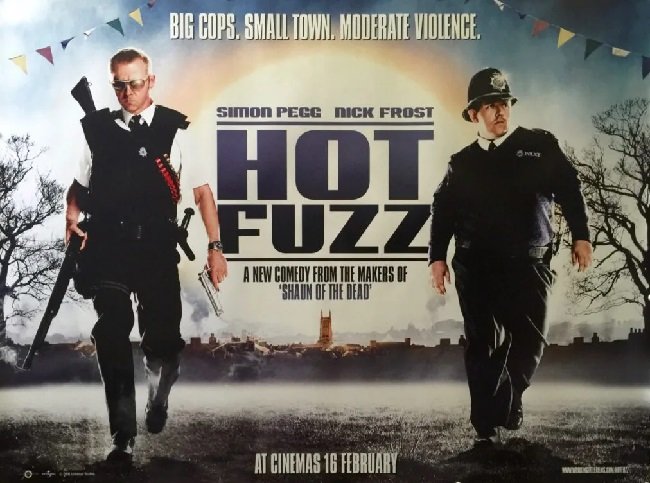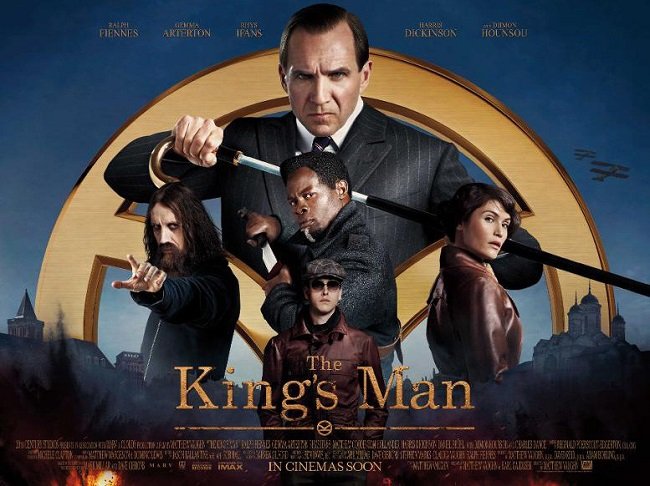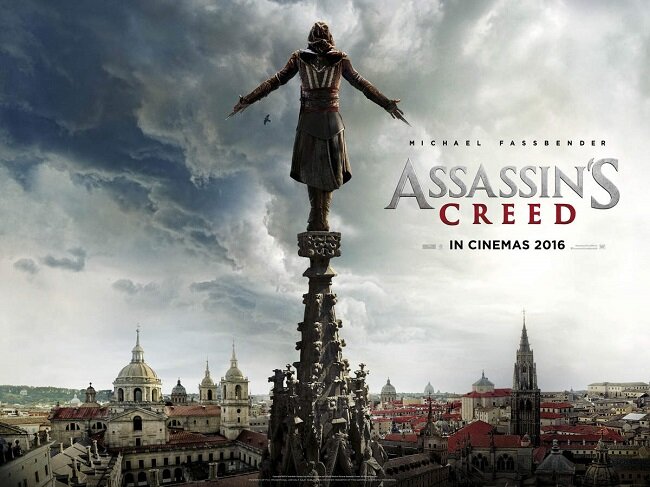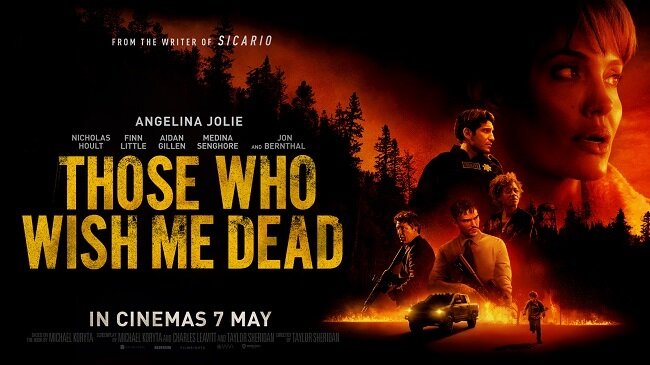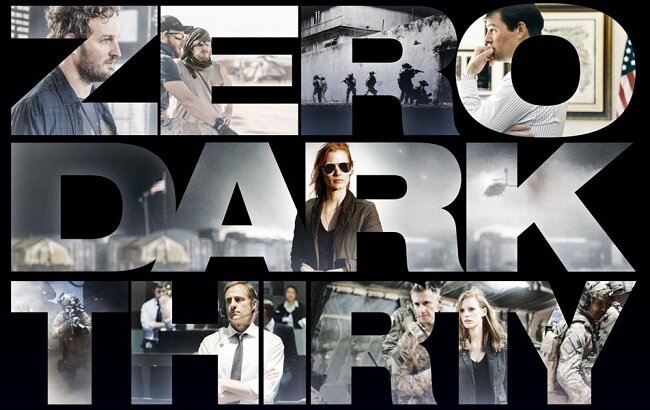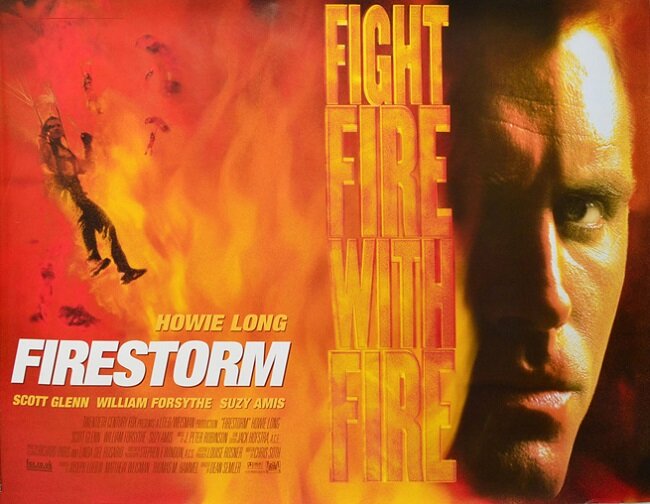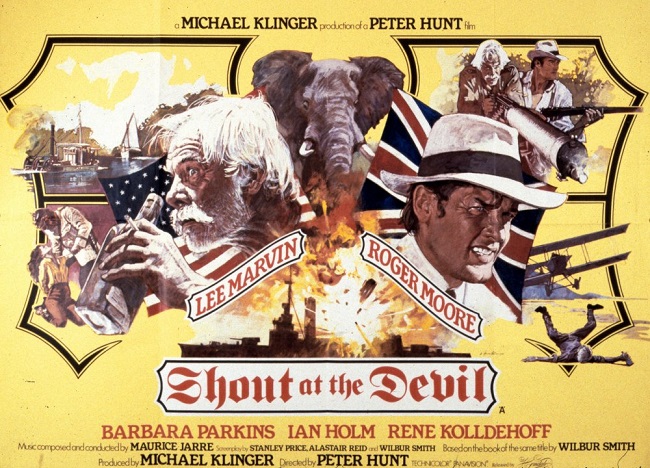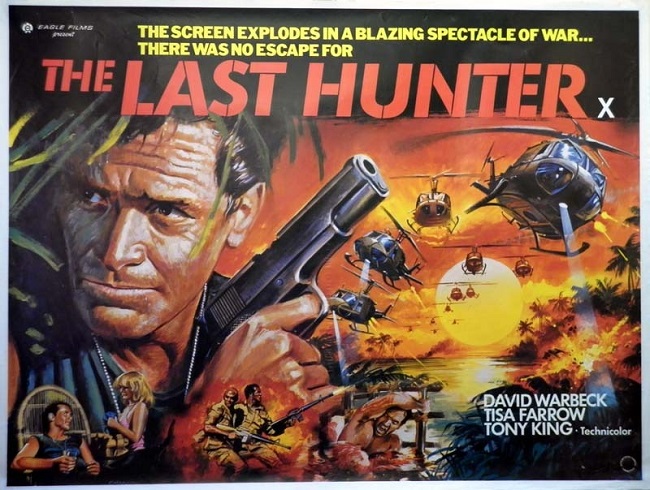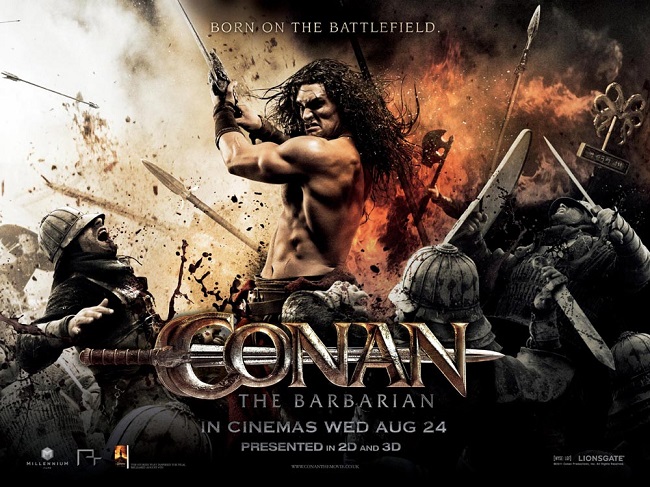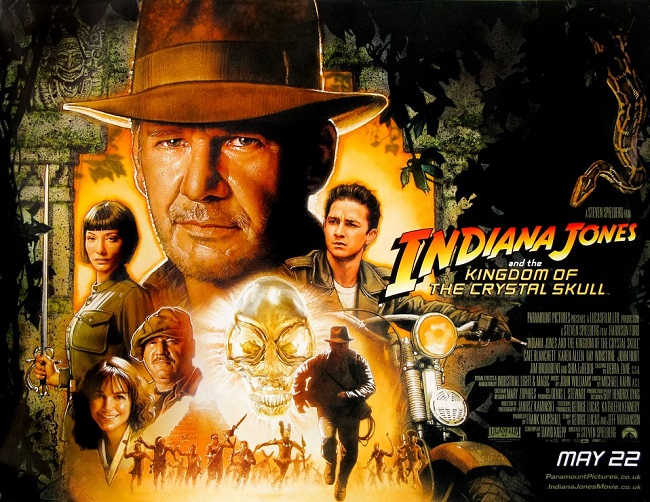Ironclad (2011)
Upon its release in 2011, reviews of Ironclad were mixed. Criticism mainly focused on a lack of historical accuracy, an excess of violence and some questionable casting decisions. Hasn’t this always been standard operational procedure for countless Hollywood historical epic? For example, El Cid, Cleopatra and more recently Alexander. It seems somewhat counter intuitive to berate a film over the very elements that define its particular sub-genre. Ironclad is an action drama inspired by historical events. It certainly does to claim to be a Starkeyesque depiction of the period. You only have to watch the trailer to see exactly how the film was marketed and the demographic the producers were trying to woo. If you’re looking for quality acting, period detail and a dissection of the geo-politics of the era, then you may want to watch something else like A Man for All Seasons or The Lion in Winter. Ironclad is more hitting people with big swords and chewing the scenery.
Plot wise, Ironclad explores the events of the siege of Rochester Castle in 1215. The story begins after a three-year war between the barons of England (aided by the Knights Templar), and the tyrannical King John (Paul Giamatti). Having been defeated the King is forced to sign the Magna Carta, a document granting rights to all English freemen. However, King John resents succumbing to the pressure of the barons and being politically outmanoeuvred. He subsequently hires an army of pagan Danish mercenaries, to restore his absolute authority over the kingdom. The author of the Magna Carta, and Baron William d'Aubigny (Brian Cox), along with Archbishop Langton (Charles Dance) and Templar knight Thomas Marshall (James Purefoy) decide that King John must be stopped.The best place to do so is Rochester Castle, the seat of Baron Cornhill (Derek Jacobi) and a strategic stronghold that controls southern England and allows access to London and the rest of the country.
The main shortcoming of Ironclad is the script, which lacks any historical depth or accuracy. Its primary function is to expedite the plot between action scenes. Hence, we have several notable character actors who appear from time to time to provide expositionary dialogue and keep the viewer appraised of events. The screenplay certainly doesn’t give the likes of Brian Cox, Charles Dance or Derek Jacobi, anything more to do, so sadly their presence is somewhat wasted. I suspect that the somewhat incongruous casting of Paul Giamatti, was simply a ploy to improve US exposure and ensure a release. His performance is somewhat formulaic but again this really comes down to the arbitrary nature of the script. The subtleties of the period politics are not explored in any depth; thus, we are left with a King who is evil purely because he does bad things and sneers a lot. It should also be noted that Ironclad has a rather overt digital look and feel, due to the way it was filmed. This rather contemporary style at times seems at odds with the period setting and historical idiom of the story.
Despite being only adequate narratively, Ironclad does spend a lot more time and effort on its set pieces. There are frequent battle scenes which feature bloody injury, as people are killed by blows from swords and axes. The matter of fact manner in which violence and brutality are met out as standard practise, are starkly shown. This is not a film for the faint hearted. Considering the budgetary restrictions, the fight scenes are quite well staged and have a gritty feel to them. Furthermore, Ironclad depicts castle life well and does not take any major historical liberties in this respect. For practical reasons the filming was not done on location, as Rochester Castle is now a major tourist attraction all year round. Wales doubled for the Medway in South East England and CGI is used judiciously to recreate the 13th century garrison town and port. Overall Ironclad is the sum of its parts and provides two hours of action-based drama set to historic event. It is traditional cinematic high adventure and should not to be confused with a history lesson. If you bear this in mind it will entertain.





